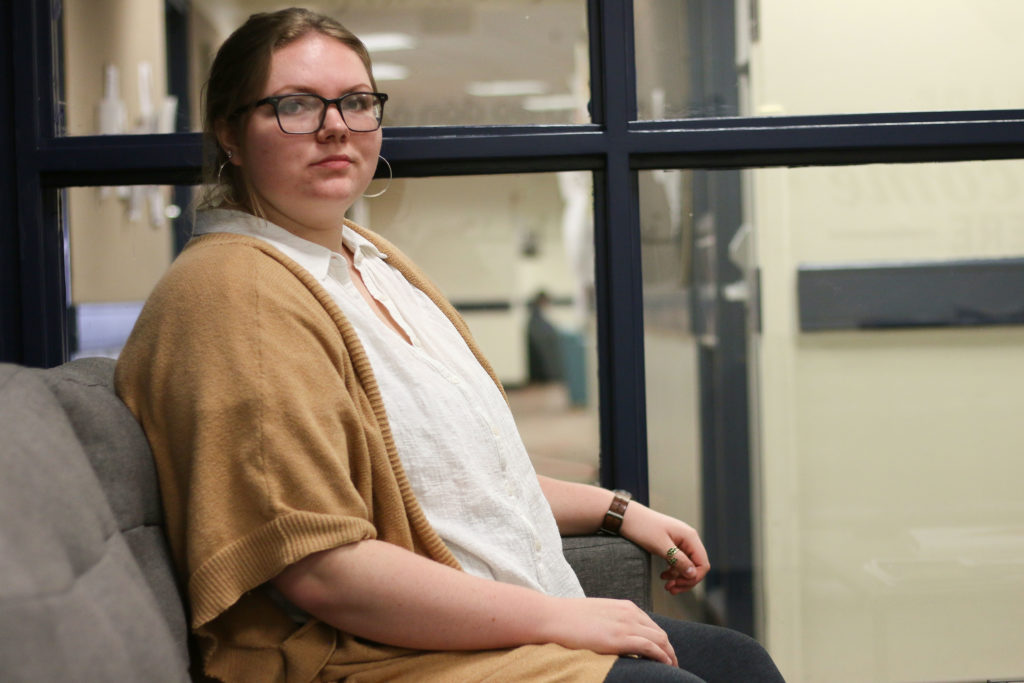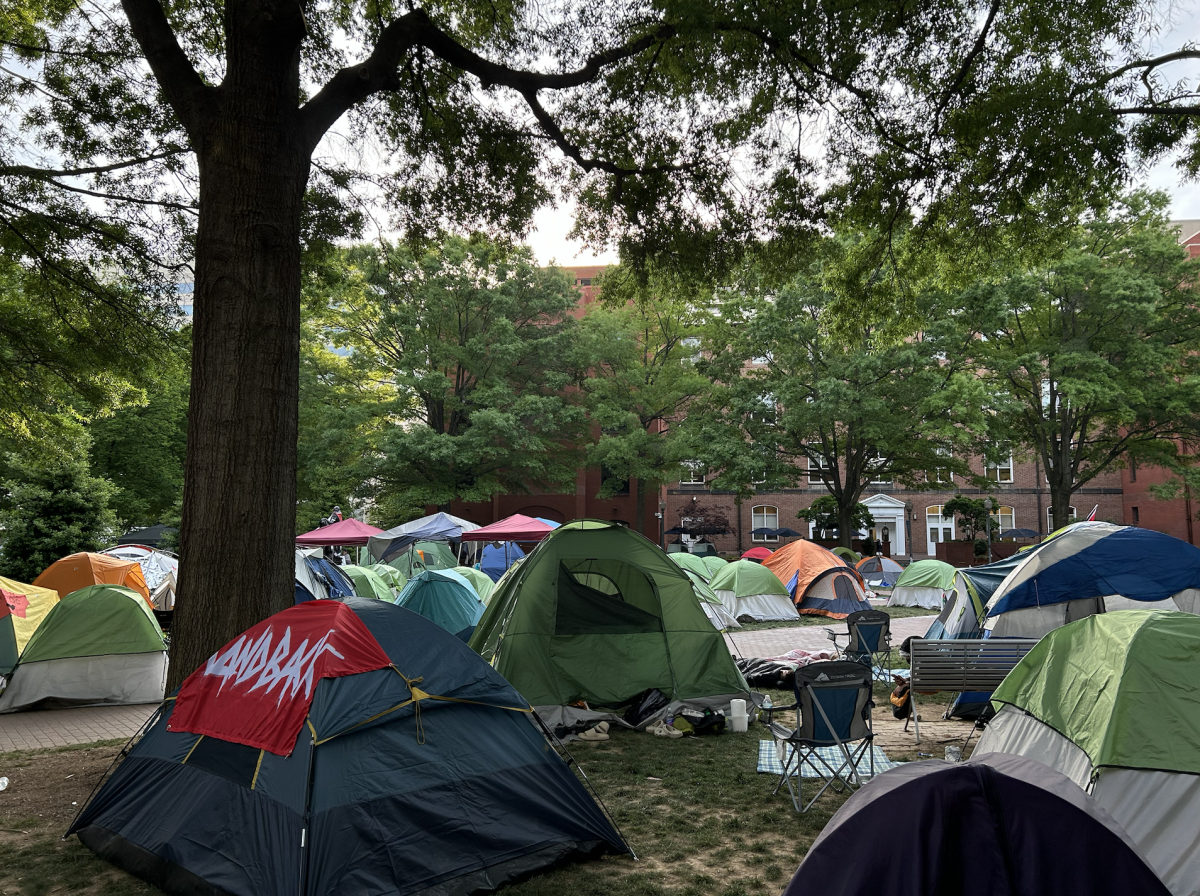A Student Association leader is trying to ensure that more students can observe religious holidays without piling up unexcused absences in their courses.
Victoria Lewis, the SA’s director of interfaith, submitted two proposals to SA leaders Monday to update the University’s religious exemption calendar by next semester and extend the deadline for requesting an excused absence because of a holiday. The proposed updates, which include more than 20 new holidays, like Orthodox Christian Easter and All Saints’ Day, would ensure that students can freely practice their faith without having the distraction of classes, Lewis said.
“One of the things that is written in the policy is that GW and the faculty encourage students to express their faith and take off class, but with the policies that are in place, that’s a little bit harder than it should be,” Lewis said.
Once the proposals pass through SA leadership, Lewis can present them to the Faculty Senate for approval, she said.
The University’s religious exemption calendar currently includes 33 holidays from Islamic, Hindu, Jewish, Christian, Sikh and Buddhist faiths. Lewis’ updates would add 21 holidays for students who identify as Orthodox Christian, Catholic, Zoroastrian, Ethiopian Orthodox Christian, Baha’i, Jain and Muslim.
GW’s current holiday exemption policy also requires that students notify their professors within the first week of classes if they have to miss class for any holidays during the semester. But if Lewis’ policy is approved, students will be able to request a holiday off up to two weeks before the celebration.
“The beginning of school is very hectic, especially if you are a student organization leader,” she said. “A lot of times you will forget to tell your professor your holidays, and then it’s really up to them whether or not they let you be exempt from class throughout the year.”
Before drafting the proposal, Lewis said she met with 25 of 27 religious student organizations on campus over the course of two months, ranging from the Sikh Students Association to the Orthodox Christian Fellowship, to gauge how students are affected when they need to attend class because their holiday is not on the University calendar.
Mohmeet Choudhary, the president of the Sikh Student Association, said that adding one of the most important holidays in the Sikh religion – the Installation of Scriptures as Guru Granth Sahib, which takes place Oct. 20 and celebrates Sikh scriptures – would enable students to attend worship services at gurdwara, a Sikh place of worship.
The closest gurdwara to GW’s campus is 3.6 miles away – about a 13-minute drive – in the Cathedral Heights area of D.C. and is not easily accessible by Metro, he said.
“A lot of people lose that connection to their faith if they’re not able to have time to go to the gurdwara and go celebrate these kinds of holidays or even have knowledge of when those holidays are,” Singh said. “With classes, we don’t have time.”
Victoria Abril, the president of the GW Catholics, said that adding Good Friday, a remembrance of Jesus Christ’s death on the Friday before Easter, and All Saints’ Day, a Nov. 1 holiday honoring Catholic saints, to the calendar would allow students to more openly practice their faith and spend the days fasting, going to Mass and taking time to rest without class.
“On Ash Wednesday I fast, but I still go to class and I’ll attend Mass later on in the night,” Abril said. “I’ve been able to make accommodations for myself, but I know that there’s students who at times struggle to attend Mass or have conflict at times.”
Georgia Zavos, the co-president of the GW Orthodox Christian Fellowship and the president of the Hellenic Student Association, said she and others in her organization believed professors would not grant days off that were not on GW’s calendar because they thought the holidays would not be viewed as legitimate.
“We’re used to it by now because our entire lives we haven’t been represented on school calendars,” Zavos said. “My entire lower school, middle through high school life, I didn’t get these holidays off. It’s ingrained in my brain that I have to go to school.”
Zavos added that she and other members of her organization have taken classes with professors who have not allowed them to take off for Orthodox Christian Easter because it falls on a different date than Catholic Easter. Since the Orthodox Christian faith is based off the Julian calendar, Easter can fall about a week later than Catholic Easter.
Daniel Novick, a rabbi and the assistant director of GW Hillel, said Jewish scripture does not allow Jewish people to use electricity or use computers on holidays like Shavuot, which typically falls between late May and early June. He said the restrictions make it difficult for students to attend summer classes or, in some cases, attend commencement ceremonies.
“During these holidays, the Jewish religion has certain rules about what you can and can’t do,” he said. “For Jewish students, you can’t actually do work on these holidays.”




